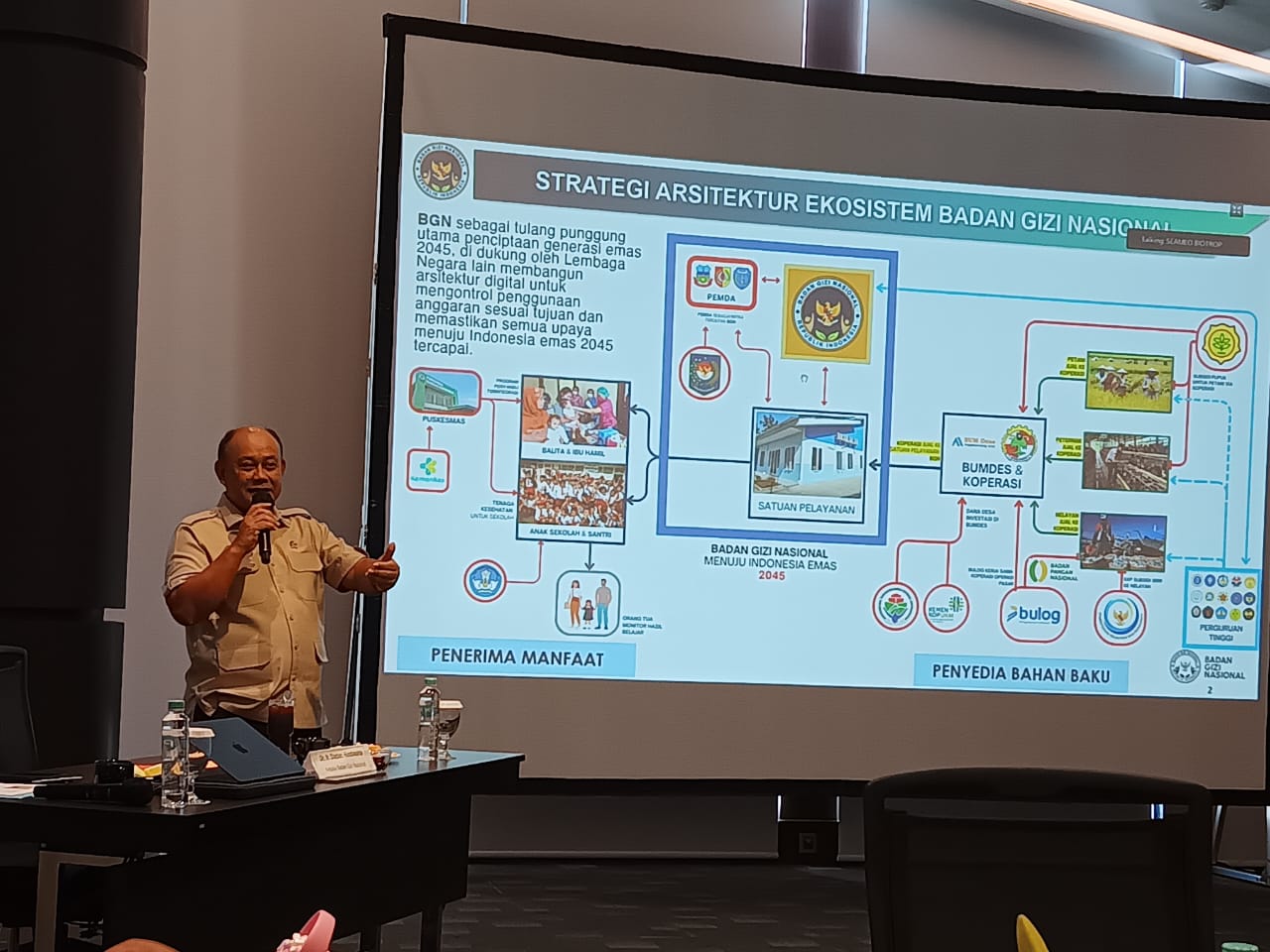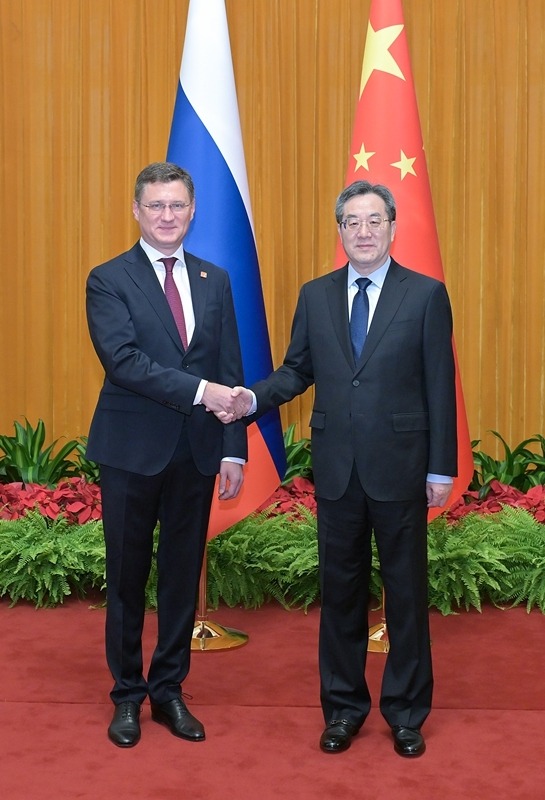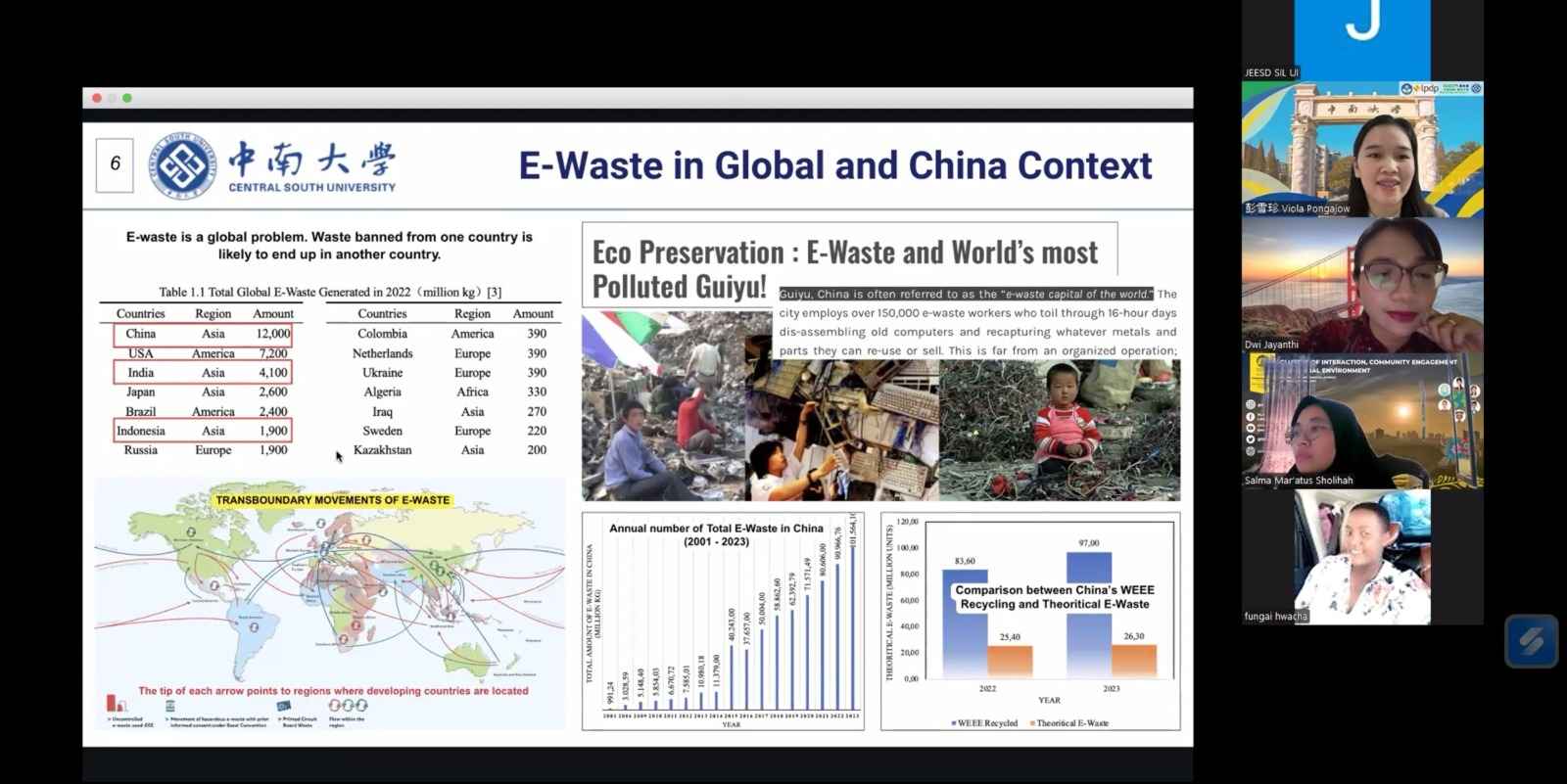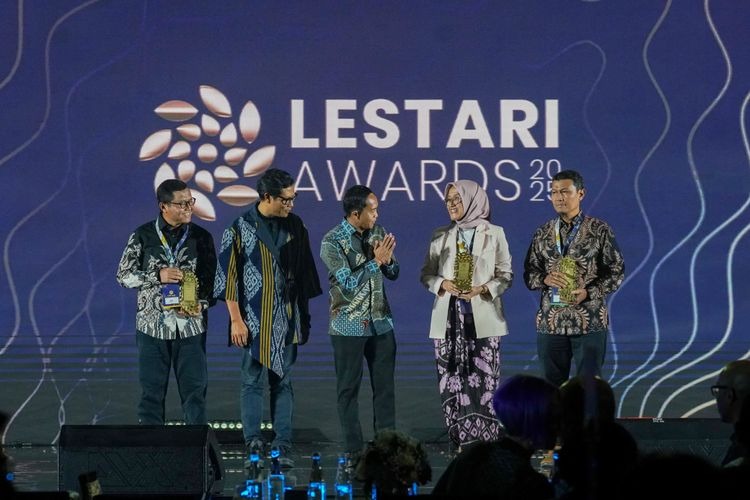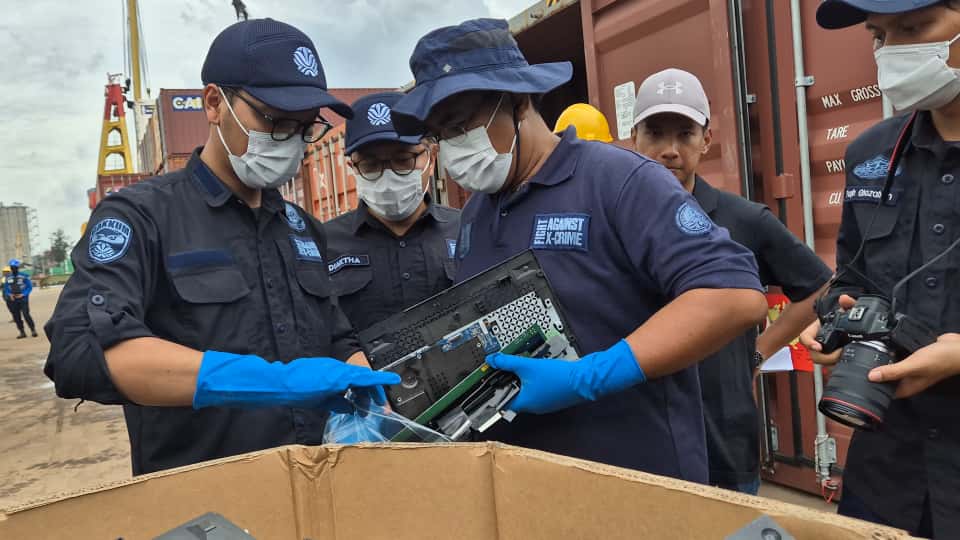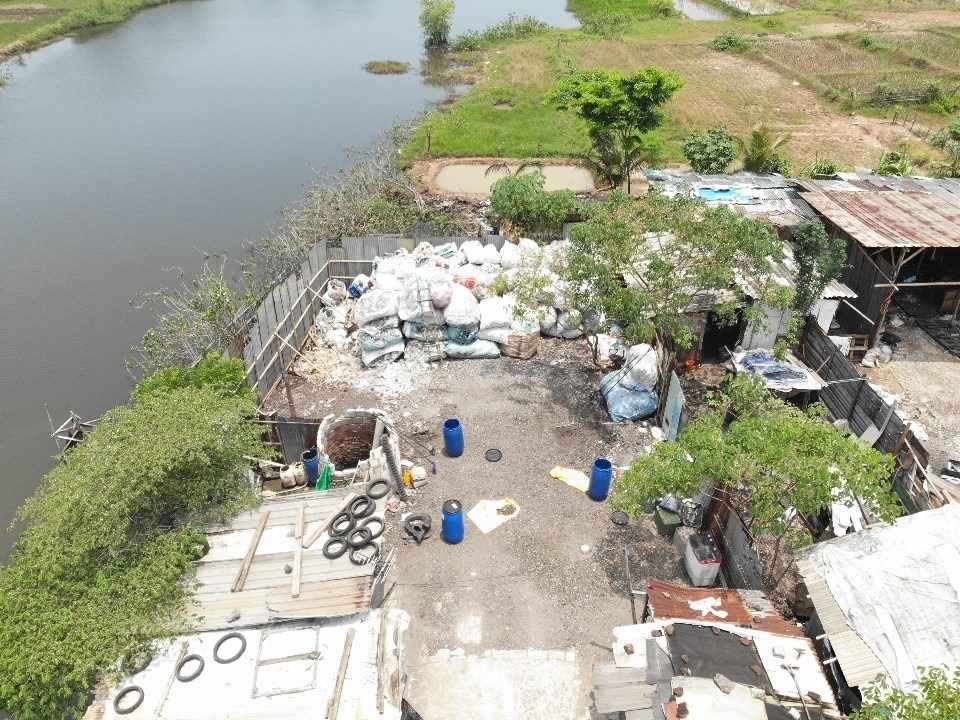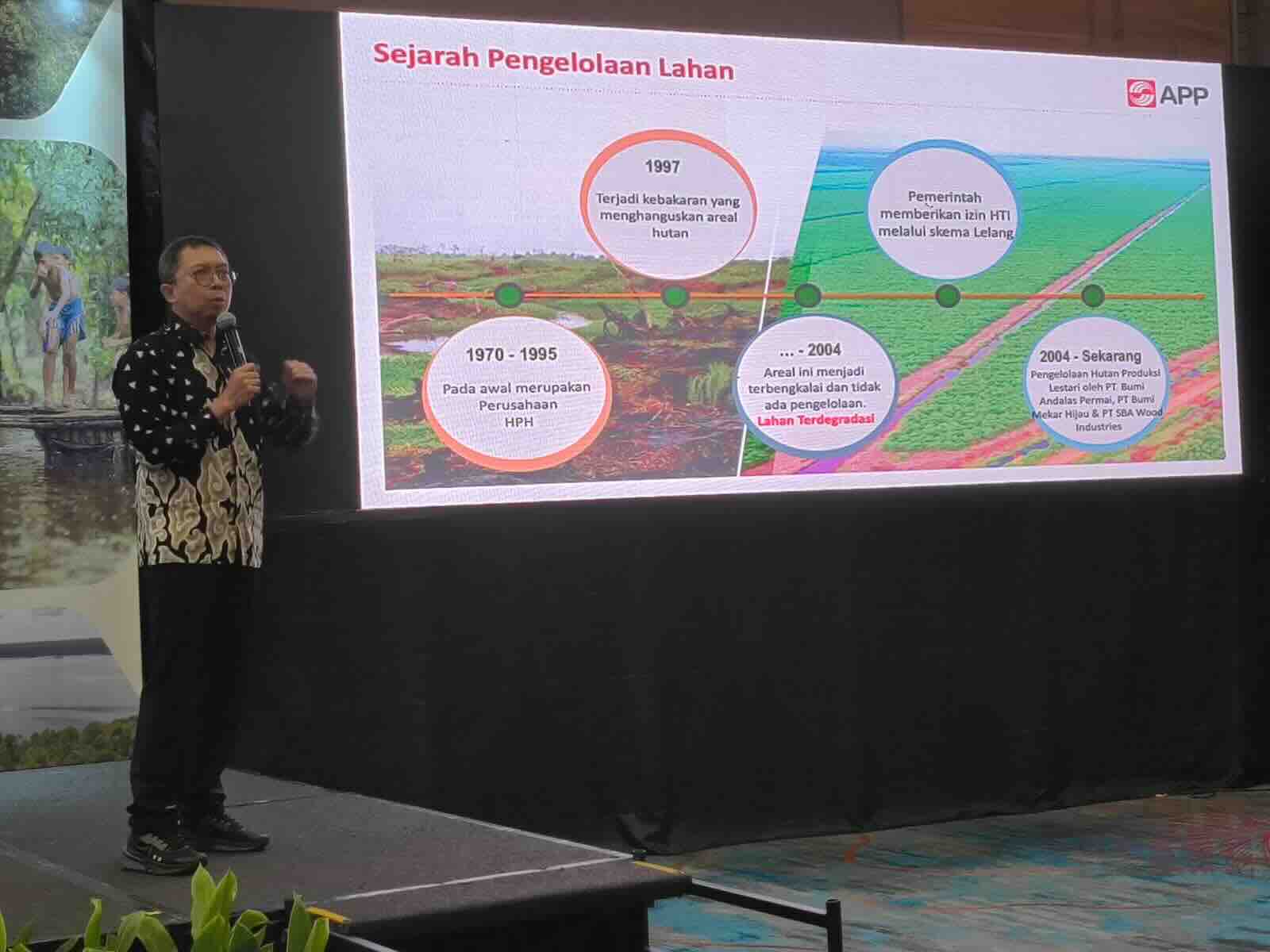Enviro News Asia, Bogor – Nutritious Free Meals (MBG), the flagship program of President Prabowo Subianto, is not merely about distributing food to students across all levels of education. More than that, MBG aims to improve public health and nutrition in preparing a Golden Generation that is healthy, intelligent, productive, and of high quality by 2045.
“MBG also drives economic growth by absorbing a large workforce, creating business opportunities, nurturing new entrepreneurs, and boosting regional productivity,” said Head of the National Nutrition Agency, Dadan Hindayana, during his presentation at the Strategic Consultative Meeting Policy Brief organized by SEAMEO BIOTROP. The event, themed Breaking the Food Waste Chain from an Early Age: Empowering Schools as Agents of Change, took place in Bogor, Thursday (Sept 4, 2025).
In encouraging regional productivity, for instance, there are already 5,103 Nutrition Fulfillment Service Units (SPPGs)—essentially MBG kitchens—serving around 15 million beneficiaries across 38 provinces, 502 districts, and 4,770 sub-districts. If each SPPG provides nutritious free meals for 3,000 students, the rice needed is about 200 kilograms per day or 1.2 tons per week. For 3,000 students, about 200 kilograms of eggs are needed per meal, plus 150 bunches of bananas, not to mention vegetables and other essentials. “This means MBG has created opportunities for regions to boost local productivity through the use of local products. These opportunities must be maximized,” said Dadan Hindayana.
From a preliminary evaluation of MBG implementation in many schools across various provinces, Dadan noted that Indonesian children tend not to like fish. They prefer chicken or eggs, but their favorite is beef. “If beef is served, it’s always finished. But if fish is served, much of it goes uneaten and ends up as waste,” Dadan explained.
The National Nutrition Agency, he continued, never prescribes specific menus for each region but only sets nutritional composition. “Menus are prepared by nutritionists at each SPPG and adjusted to local dishes and community eating habits,” said Dadan Hindayana.
Even so, Dadan acknowledged the potential for waste and leftovers from this program. For that reason, the National Nutrition Agency welcomes and appreciates the initiative of the Southeast Asian Regional Centre for Tropical Biology (SEAMEO BIOTROP) in raising the issue of waste at the Strategic Consultative Meeting Policy Brief, which seeks to break the food waste chain from an early age, particularly in schools.
SEAMEO BIOTROP is a regional center in tropical biology mandated to address tropical biology issues in Southeast Asia through science education, capacity building, and information dissemination. Based in Indonesia, SEAMEO BIOTROP works closely with the Ministry of Primary and Secondary Education through the Secretary General as its parent institution.
Ellis Rosdiawati, Deputy Director of Administration at SEAMEO BIOTROP, noted that according to a 2021 report from the National Development Planning Agency (Bappenas), Indonesia is among the countries with the highest levels of food waste in the world, with an estimated 23 to 48 million tons of food wasted, representing an economic loss of Rp213 trillion to Rp551 trillion.
“One source of food waste that often goes unnoticed is the school environment. In many schools, food leftovers from canteens, student lunch boxes, or learning activities are often poorly managed,” said Ellis Rosdiawati.
Recognizing this, SEAMEO BIOTROP sees a strategic opportunity to generate ideas and policy recommendations for education on mindful consumption and food waste management. Schools, as learning environments, can serve as strong entry points to instill responsible consumption habits from an early age. “Action-based education (experiential learning) and the cultivation of eco-friendly school cultures can be concrete steps to break the food waste chain early on,” Ellis Rosdiawati emphasized.
Other speakers at the event included Head of the Center for Education Standards and Policy at the Ministry of Primary and Secondary Education, Irsyad Zamzani, Soepriati from the National Food Agency, and several others. Through this policy brief, SEAMEO BIOTROP aims to strengthen its contribution to promoting a more food-conscious and sustainable national education system. (JON)




